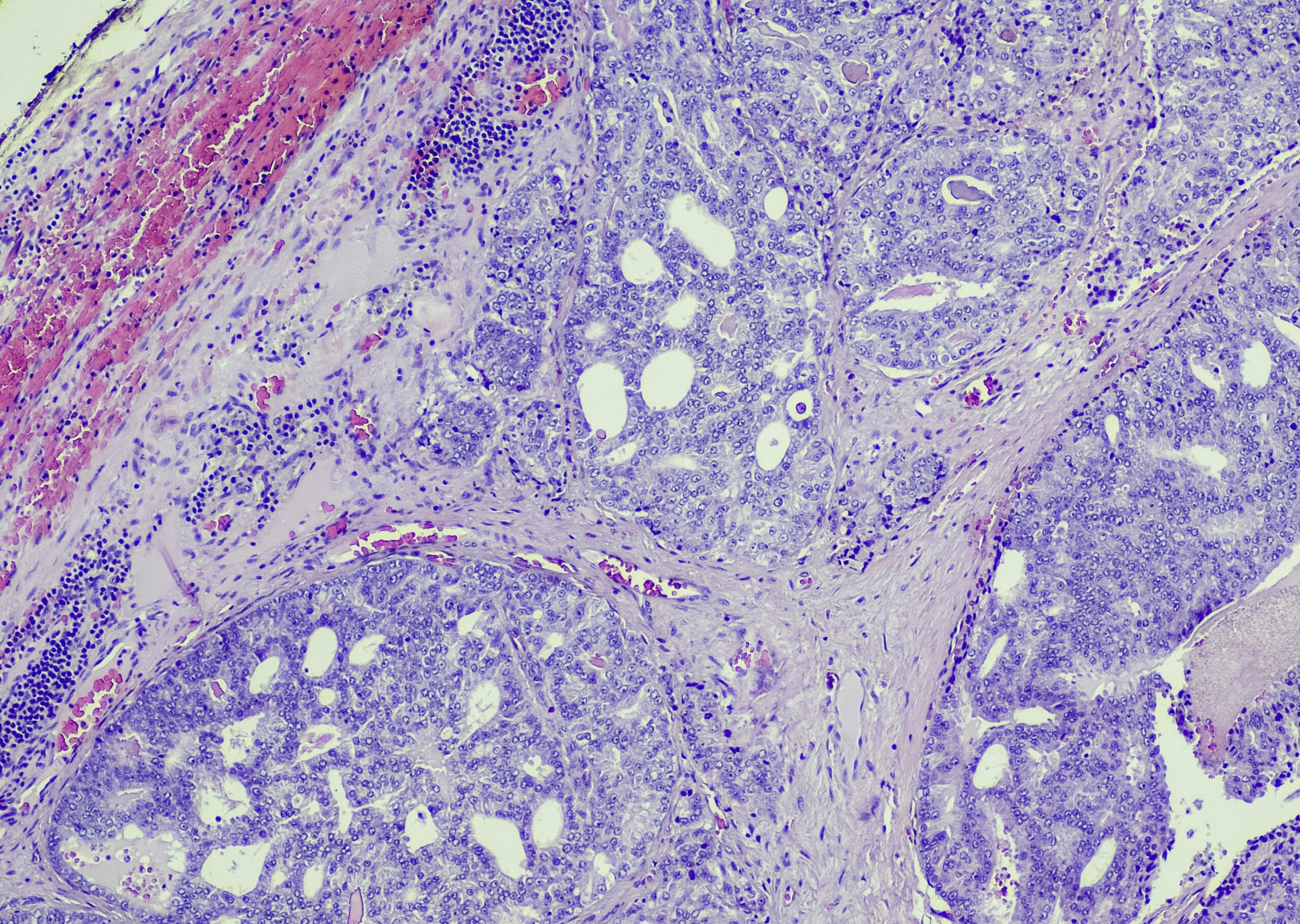The perioperative metabolic state is a key predictor of clinical outcome after cardiac surgery. In particular, stress hyperglycemia – an acute increase in blood glucose due to surgical and inflammatory stress reactions – correlates closely with increased complication and mortality rates. The stress hyperglycemia ratio (SHR) links acute glucose levels to long-term glycemic status (HbA1c), providing a robust method to estimate mortality risk in the short and long term. In this comprehensive summary, we present the key findings of the recent study by Pei et al [4] and discuss how SHR-based algorithms can help to identify patients early and make individualized treatment decisions.
Autoren
- Tanja Schliebe
Publikation
- CARDIOVASC
Related Topics
You May Also Like
- Case report: Complication after type 2 diabetes
Topical corticosteroids lead to ketoacidosis
- NSCLC
Bispecific antibodies for rare EGFR mutations
- Type 2 diabetes - glycemic control and prevention of secondary diseases
Utilizing pleiotropic cardio- and nephroprotective effects of SGLT-2-i and GLP-1-RA
- Subsyndromal anxiety disorders: Family doctor as first point of contact
Practical recommendations for diagnostics and therapy
- Patient-centered rounds in medicine
Aligning care with the patient
- Restless legs syndrome in children
Relationship between restless legs syndrome and growing pains
- Between hope and evidence gaps
Tinnitus and phytotherapy
- Case Report











